Wallonia.be brand ambassadors share their experiences with you! Become an ambassador to share your experiences, your activities, and your successes on this blog.

Glad a lot in Stavelot
Are you upset that you missed Mardi Gras and Pre-Lent Carnivals?

Candlemas Day
February is here and Spring is being heralded all over the world.

Wallonia's place in the artificial intelligence race.
Where does Wallonia stand?

Exclusive handmade fountain pens
My name is Andy Deschacht and, with my wife Laura Garcia, we founded Garcia-Deschacht five years

All starry-eyed
Barbe-a-papa.be is located in the centre of Rixensart, right in the heart of Brabant-Wallon, less
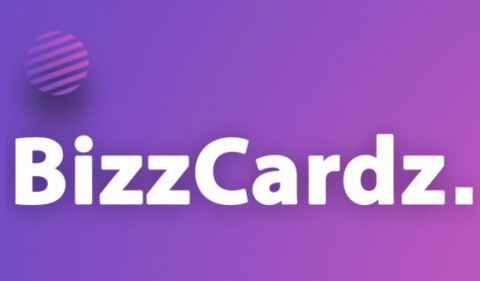
BizzCardz, the 100% Walloon dematerialised card!
Have you heard about BizzCardz?
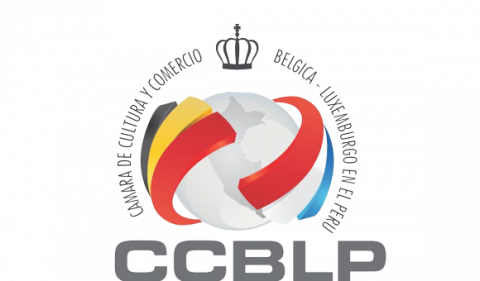
A new tool for our companies' and others' relations with Peru
The vast majority of European companies work within Europe or the European Union, but there are o
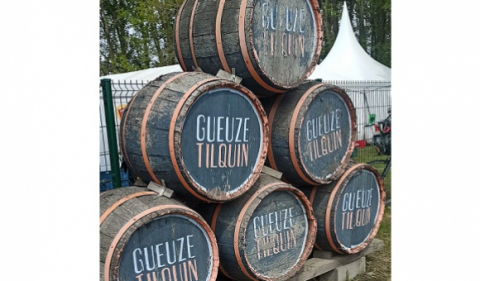
Tilquin, lambic magic on the Walloon border
It is only held every two years, but that is also a fundamental part of its magic.

Ma Douce Belgique: a project to highlight Belgian history and heritage, which I embarked on without even realising it
We are in the early stages of 2020, in the midst of lockdown, and, like many people around Belgiu

COMPUTERISED SOLUTION - The Walloon company Synthetis offers an innovative solution for optimising the placement of production personnel to ensure compliance with schedules
Manufacturers in the pharmaceutical sector have optimised the allocation of their production p
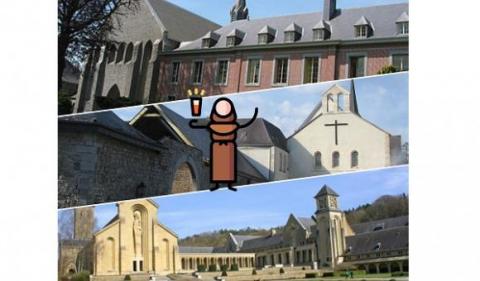
Trappist beer in Wallonia, a secular tradition
If Belgian beer is today a highly appreciated product by beer lovers all around the world, it is
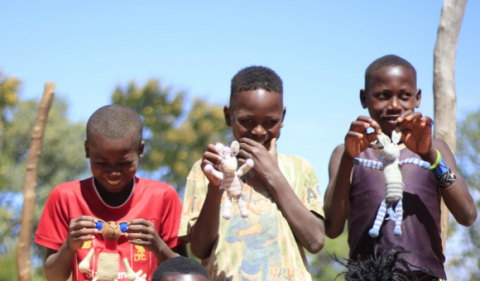
Women in Trade South Africa, Namibia, Mozambique, Botswana, Eswatini and Lesotho
Export Trade Training Programme is a 8 week virtual programme that was designed to train and supp








